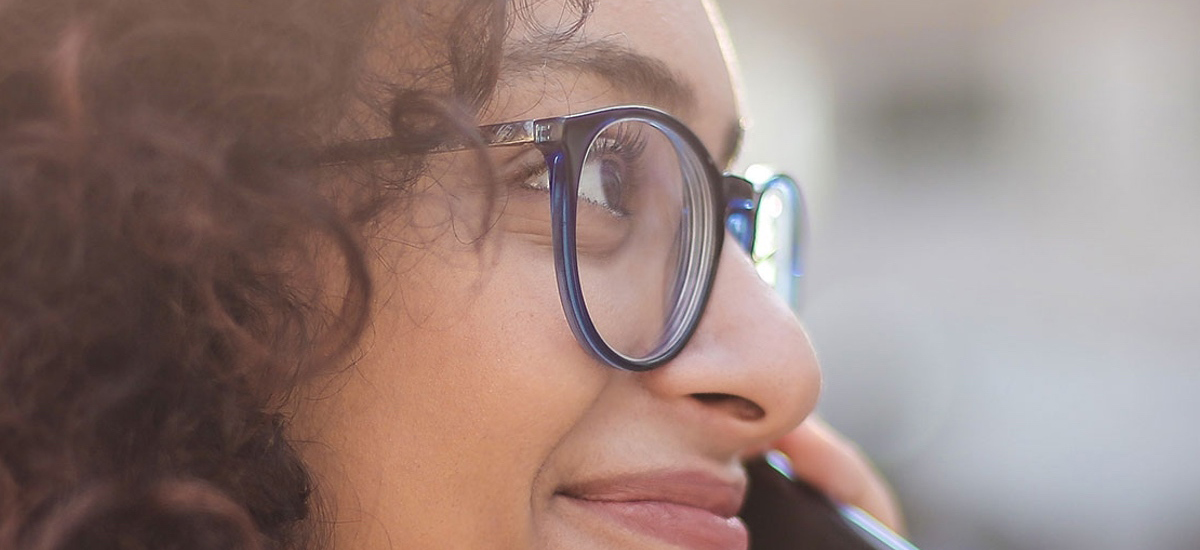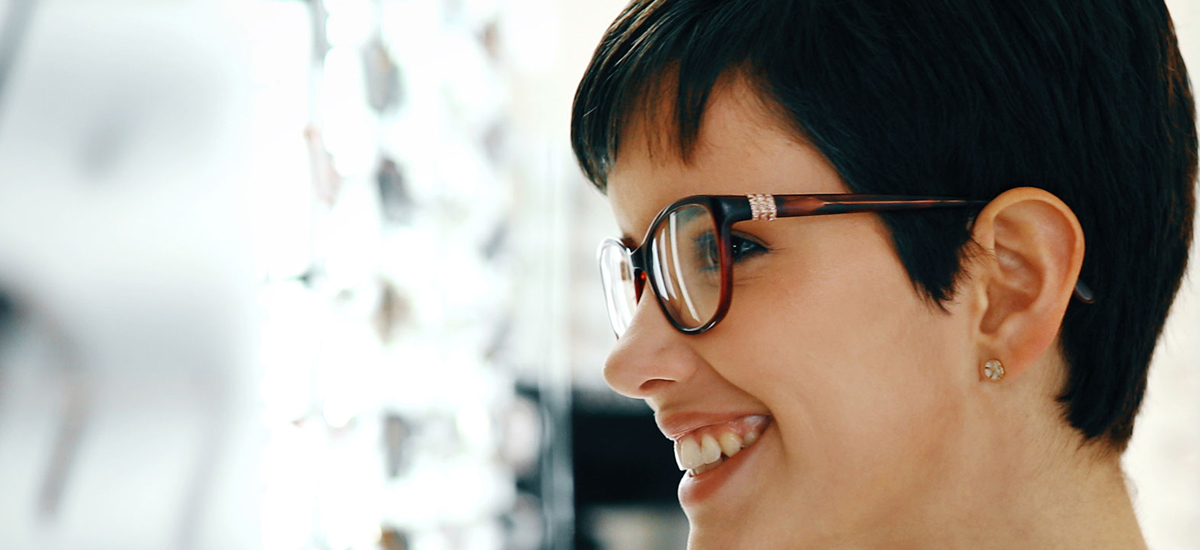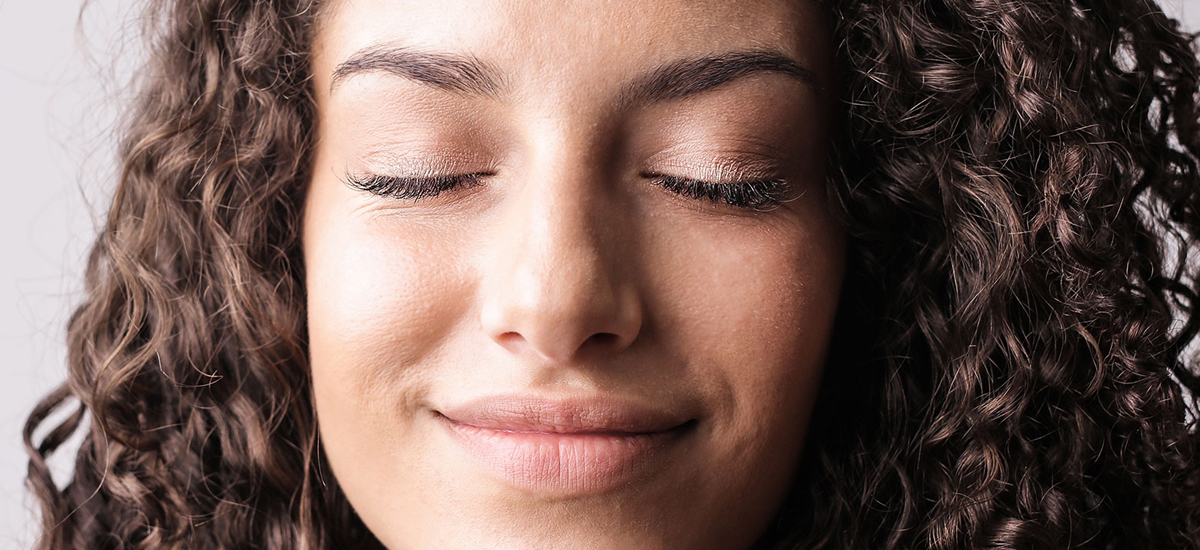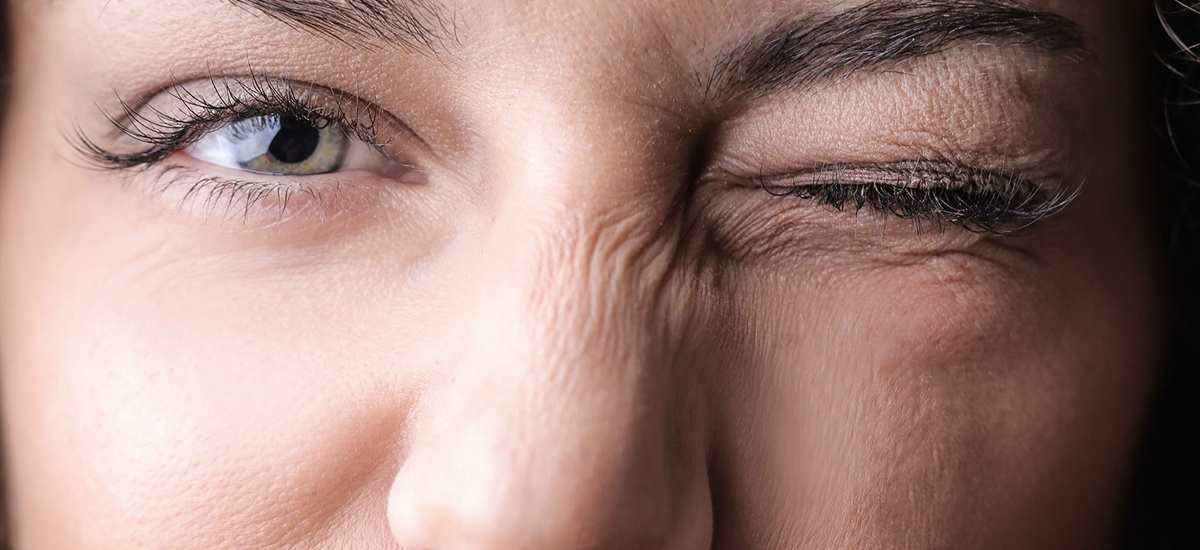Blog
-
Can Glasses Correct Vision to 20/20?
 Refractive errors are one of the top reasons that people wear glasses. Astigmatism, hyperopia, myopia, and presbyopia can make your vision blurry at different distances, and often, prescription eyewear is the fastest solution.
Once you get corrective lenses, you’ll wish you had them sooner, as they can
Read more...
Refractive errors are one of the top reasons that people wear glasses. Astigmatism, hyperopia, myopia, and presbyopia can make your vision blurry at different distances, and often, prescription eyewear is the fastest solution.
Once you get corrective lenses, you’ll wish you had them sooner, as they can
Read more...
-
Can Wearing Reading Glasses All the Time Hurt Your Eyes?
 Once you enter your 40s, you may become closer and closer to needing reading glasses. Why? People above age 40 are at the highest risk for presbyopia, a refractive error caused by aging eyes.
The idea of needing reading glasses for presbyopia might startle you at first, but there’s no need to worry. Presbyopia affects most people
Read more...
Once you enter your 40s, you may become closer and closer to needing reading glasses. Why? People above age 40 are at the highest risk for presbyopia, a refractive error caused by aging eyes.
The idea of needing reading glasses for presbyopia might startle you at first, but there’s no need to worry. Presbyopia affects most people
Read more...
-
Do I Need Glasses for 20/30 Vision?
 A visual acuity test is the first step toward finding out if you need glasses. If you have 20/20 vision, based on your eye test, your vision is standard, allowing you to see what the majority of people do from 20 feet away.
What does 20/30 vision mean? It indicates that you can observe something at 20 feet that others see from 30 feet away.
Read more...
A visual acuity test is the first step toward finding out if you need glasses. If you have 20/20 vision, based on your eye test, your vision is standard, allowing you to see what the majority of people do from 20 feet away.
What does 20/30 vision mean? It indicates that you can observe something at 20 feet that others see from 30 feet away.
Read more...
-
Does Wearing Glasses Improve Eyesight?
 The benefits of wearing glasses are endless. You can correct your vision and protect your eyes from ultraviolet (UV) light with a UV-blocking coating. Most glasses even last between one to three years with the right care, meaning you won’t need replacement frames too often.
But does wearing glasses improve eyesight? Let’s find out.
Read more...
The benefits of wearing glasses are endless. You can correct your vision and protect your eyes from ultraviolet (UV) light with a UV-blocking coating. Most glasses even last between one to three years with the right care, meaning you won’t need replacement frames too often.
But does wearing glasses improve eyesight? Let’s find out.
Read more...
-
What Does 20/30 Vision Mean?
 When you think about eyesight, the phrase that often comes to mind is: 20/20 vision. This may be mistaken for “perfect” vision when, in reality, it’s average.
People with 20/20 vision do tend to have great central vision. However, they may have issues with eye coordination, peripheral vision, and understanding how far away objects are
Read more...
When you think about eyesight, the phrase that often comes to mind is: 20/20 vision. This may be mistaken for “perfect” vision when, in reality, it’s average.
People with 20/20 vision do tend to have great central vision. However, they may have issues with eye coordination, peripheral vision, and understanding how far away objects are
Read more...
-
How to Take Care of Your Eyes After 40
 Did you know you have a higher likelihood of eye issues after you turn 40? Vision complications may arise if you have one of these conditions:
Age-related macular degeneration (AMD) or glaucoma in your family
Diabetes
High blood pressure
Other medical issues that require prescription medicine
During your 40s, your eye lenses might
Read more...
Did you know you have a higher likelihood of eye issues after you turn 40? Vision complications may arise if you have one of these conditions:
Age-related macular degeneration (AMD) or glaucoma in your family
Diabetes
High blood pressure
Other medical issues that require prescription medicine
During your 40s, your eye lenses might
Read more...
-
Does Wearing Glasses Make Your Eyes Smaller?
 Did your eye doctor tell you that you need glasses for a refractive error? Don’t worry. Corrective eyewear can clear up your vision and alleviate many uncomfortable symptoms, such as blurry vision and eye fatigue.
In fact, prescription lenses may be just what you need to get your vision back on the right track. But does wearing glasses make your
Read more...
Did your eye doctor tell you that you need glasses for a refractive error? Don’t worry. Corrective eyewear can clear up your vision and alleviate many uncomfortable symptoms, such as blurry vision and eye fatigue.
In fact, prescription lenses may be just what you need to get your vision back on the right track. But does wearing glasses make your
Read more...
-
Why Is It Important to Take Care of Your Eyes?
 Taking care of your eyes involves a lot more than just getting the right pair of corrective lenses. To maximize your vision, you should understand the importance of eyes and the steps on how to take care of your eyes daily.
Why is it important to take care of your eyes? Let’s explore.
Why is it important to take care of your eyes?
Read more...
Taking care of your eyes involves a lot more than just getting the right pair of corrective lenses. To maximize your vision, you should understand the importance of eyes and the steps on how to take care of your eyes daily.
Why is it important to take care of your eyes? Let’s explore.
Why is it important to take care of your eyes?
Read more...
-
Do I Need Glasses If One Eye Is Blurry?
 Blurry vision can affect anyone, even children. Sometimes, it can occur due to a refractive error, such as astigmatism, hyperopia, myopia, or presbyopia. Other times, it may signify a more severe eye condition.
More often than not, prescription lenses are a simple solution for blurry vision. They can correct the way your eyes direct light to the
Read more...
Blurry vision can affect anyone, even children. Sometimes, it can occur due to a refractive error, such as astigmatism, hyperopia, myopia, or presbyopia. Other times, it may signify a more severe eye condition.
More often than not, prescription lenses are a simple solution for blurry vision. They can correct the way your eyes direct light to the
Read more...
-
Are Nuts Good for Your Eyes?
 From almond butter on apple slices to a peanut butter and jelly sandwich with a glass of cold milk, nuts are the perfect snack. They give you an ample supply of protein, conveniently packaged in a bag or jar for easy consumption when you’re on the go.
But while you might love nuts and eat them every day, have you been wondering if nuts are
Read more...
From almond butter on apple slices to a peanut butter and jelly sandwich with a glass of cold milk, nuts are the perfect snack. They give you an ample supply of protein, conveniently packaged in a bag or jar for easy consumption when you’re on the go.
But while you might love nuts and eat them every day, have you been wondering if nuts are
Read more...







